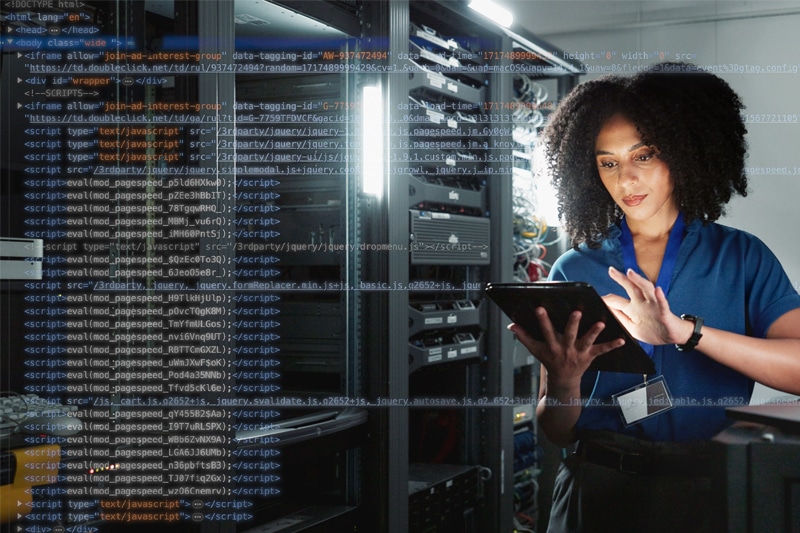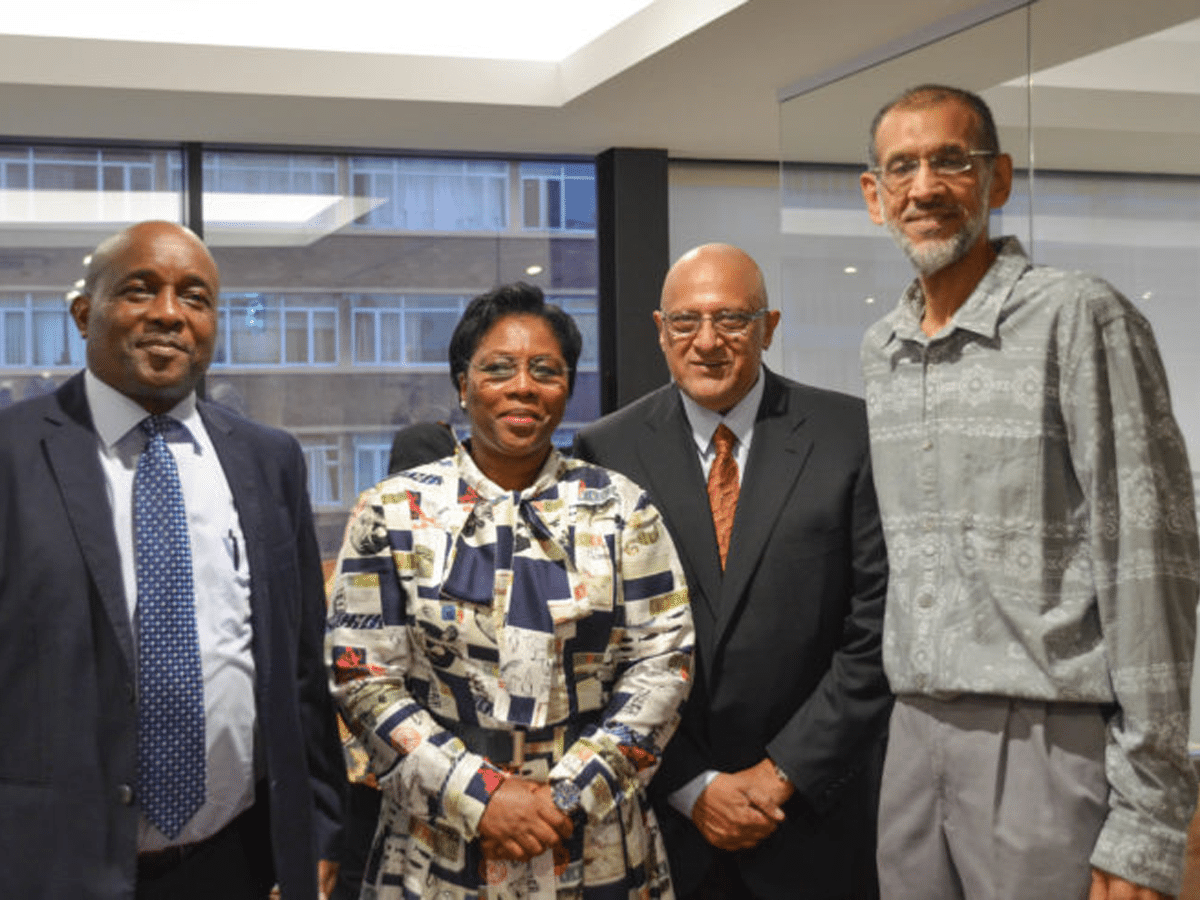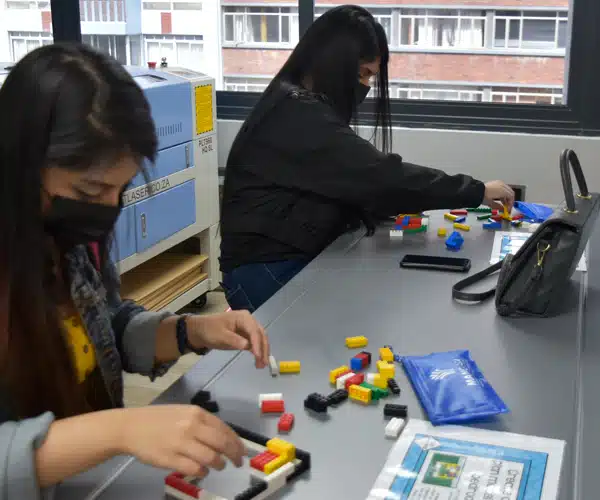Top Education Trends for 2025
How we learn and teach is changing fast, and tertiary education is no exception. With digital developments and new AI discoveries every year, finding a university that considers these changes and offers students flexible learning experiences is vital. MANCOSA has a range of BEd courses that not only equip teachers with the skills and knowledge to teach effectively but also show them how education will work in 2025 and beyond with new advancements. This article examines the main developments expected in tertiary education in 2025, how this affects students, and the BEd courses you can consider, including undergraduate and postgraduate studies.

6 Developments to expect from education in 2025
Tertiary education is on the brink of significant change. As we look ahead to 2025, institutions are gearing up to meet evolving demands by integrating new technologies, rethinking traditional methods, and focusing on student needs.
Below are six key developments expected to shape the future of education.
1. Hybrid learning environments
More colleges and universities are adopting hybrid models that combine in-person and online experiences. This caters to diverse people with varying preferences and levels of flexibility. Many students enjoy this since they can study while working part-time.
For example, lectures can be live-streamed while group work and work experience happen in person. This hybrid model supports accessibility for remote learners, international students, or those with other commitments. Online teaching courses also help make education more inclusive and adaptable to different lifestyles.
2. Personalised studies and microlearning
Gone are the days of one-size-fits-all education. Tailored learning experiences and microlearning modules are gaining traction.
These approaches focus on short, skill-specific courses, allowing students to learn at their own pace and address immediate career needs.
This means students can gain job-related skills as needed with short courses like communication in the workplace, design thinking and innovation, and women in leadership.
3. Extended reality (XR) in education
Extended reality (XR) — including AR, VR, and mixed reality — is becoming a key tool in tertiary education. It offers students immersive and hands-on learning experiences like never before.
Courses in medicine, architecture, or engineering will increasingly rely on XR. These tools help bridge the gap between theory and practice, giving students real-world skills.
Educators can also use XR to make learning more engaging and interactive, keeping students motivated throughout their studies.
4. Digital transformation of administrative processes
Administrative hurdles are often a central pain point for students and staff alike. However, by 2025, universities will rely more on digital solutions to streamline processes.
Digital systems also enhance transparency, making financial aid disbursements or course progress tracking easier to manage and understand.
Institutions are digitising all aspects of student services, from enrollment to graduation, ensuring smoother and more integrated experiences. Unified portals are replacing fragmented systems, enhancing management efficiency and student satisfaction.
5. Lifelong learning and stackable credentials
With the need for continuous skill updates, universities are offering stackable credentials and short-term programmes that can be pursued throughout a professional’s career, preparing students for multiple career transitions.
Education no longer ends with a degree. As industries evolve, professionals need continuous learning to stay competitive. Colleges and universities address this by offering stackable credentials — short, modular courses that can add to qualifications over time.
This model appeals to people juggling work and life to improve their skills. It allows a more flexible path, allowing individuals to pursue their goals upfront without committing to years of study. Stackable credentials also let students shift focus as industries and technologies change, keeping their skills fresh.
Some schools, like MANCOSA, also offer business training solutions. These solutions help companies identify and train high-potential employees to meet business needs.
6. Focus on student wellness
Learning isn’t just academic — well-being plays a huge role, too. By 2025, mental health and wellness will take centre stage in tertiary education. Institutions will invest more in counsellors, peer support groups, and wellness apps to support students.
Flexible deadlines, mindfulness workshops, and physical activity programmes will also be integrated into the student experience.
These initiatives aim to reduce stress and burnout while promoting productivity and happiness. A healthy student is more likely to succeed academically and personally.
Leading edge teaching courses to help you get ahead in 2025
As the fast pace of change transforms higher education, students seek practical, relevant, and forward-thinking courses.
By 2025, tertiary institutions will focus more on cutting-edge, skills-based programmes. These courses aim to give students a competitive edge while meeting the needs of evolving industries.
If you’re interested in helping shape the educational industry by becoming a teacher, MANCOSA offers flexible School of Education courses for various levels, including diplomas, degrees, and postgraduate qualifications.
Several of these courses are offered online, and they are designed with technology in mind. They will provide you with the knowledge you need to become an excellent educator while also helping you understand how technology and automation can be implemented into learning.
If you’re interested in pursuing a career in education and have already studied in a different field, we offer a Postgraduate Certificate in Education (PGCE) to give you the skills and knowledge you need to pursue teaching as a career.
Register for our B.Ed course online
Tech and innovation are shaping the future of tertiary education. Focusing on students and lecturers will enhance the experience.
As 2025 advances, these changes highlight the importance of preparing for your studies. By embracing hybrid learning and technology-driven studies, you’ll be able to attain your qualifications while also taking care of your other responsibilities.
Have a look at MANCOSA’s teaching courses, including BEd courses at various levels — whether undergraduate or a Postgraduate Certificate in Education.





